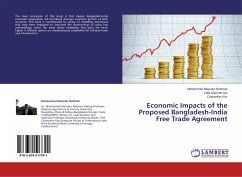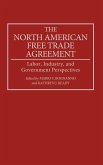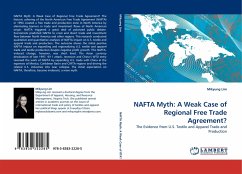Revision with unchanged content. The Association Agrement between Jordan and the EU entered into force in 2002. It is part of the Euro-Mediterranean Partnership, a process of economic and political integration involving the EU and countries in the MENA region. This books analyses the impacts on the Jordanian economy of the free-trade agreement with the EU, with emphasis on welfare and income distribution. The effects of trade liberalisation are assessed together with parallel and complementary economic reforms, aiming at countacting the fall in gover nment revenue due to the reduction in the import duty rates. In order to capture the economic interactions and the intertemporal effects, the analyis is conducted by using a dynamic CGE model. The approach used in this work is the first one analysing income distribution in a CGE framework in which heterogeneous households are assumed to have different discount rates. The simulation results show that, although the free-trade arrangement with the EU affects positively aggregate welfare in Jordan, it also has different effects on Jordanian heterogenous households and it causes increasing in come disparity. This work hopes therefore to provide both theoretical insights and useful policy implications.








